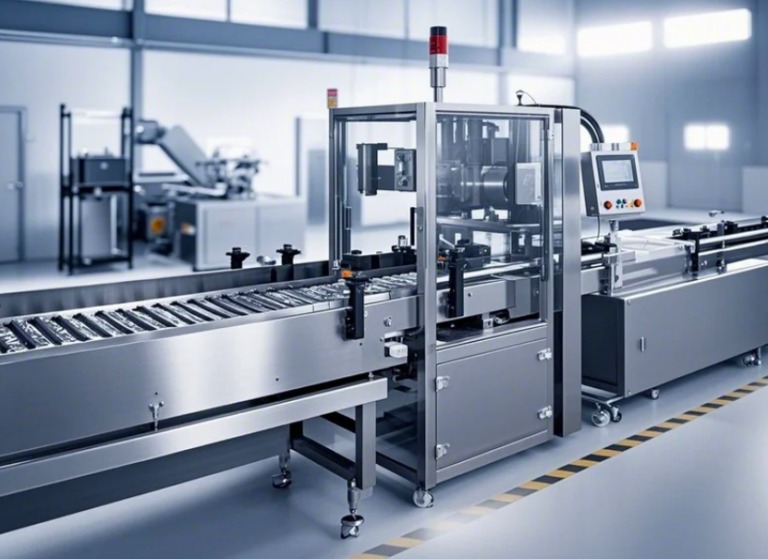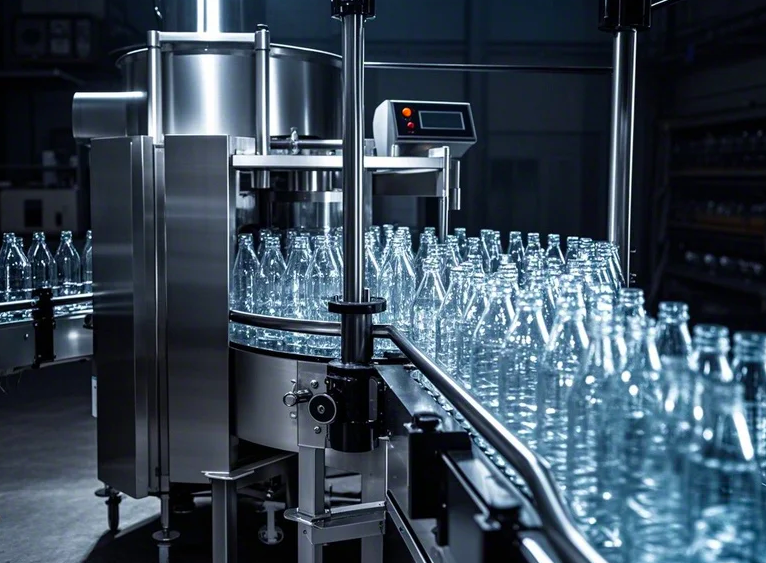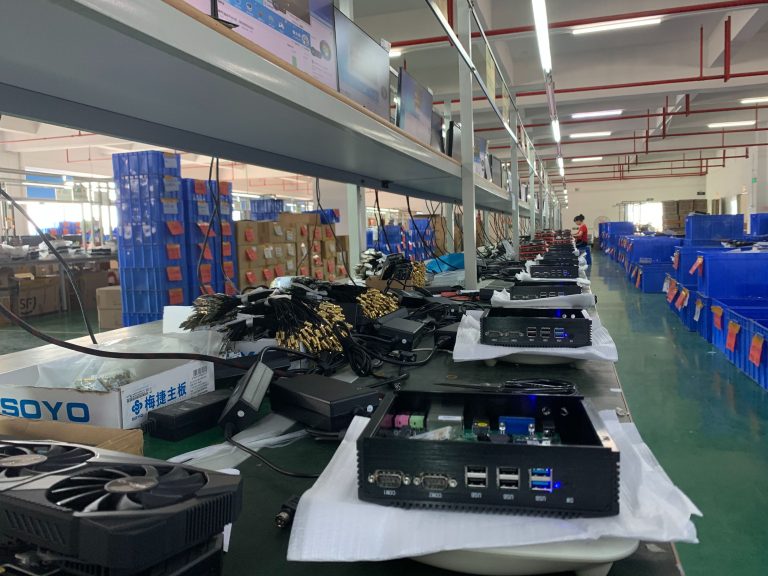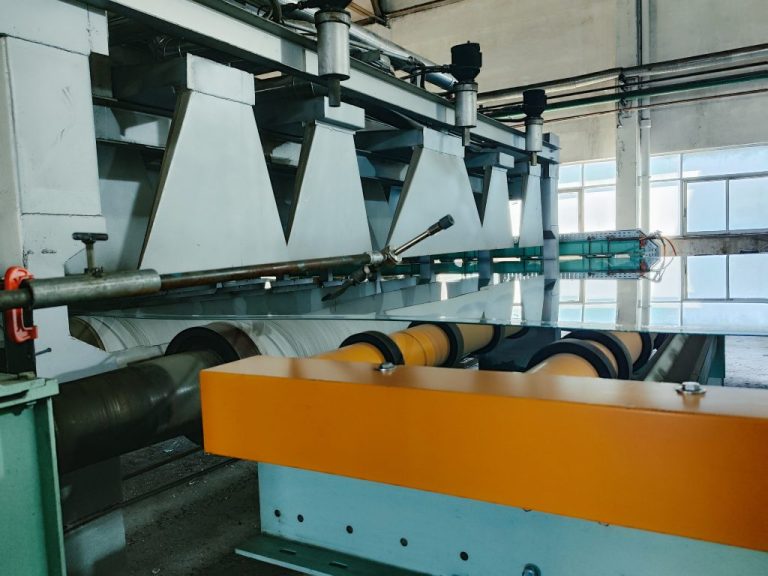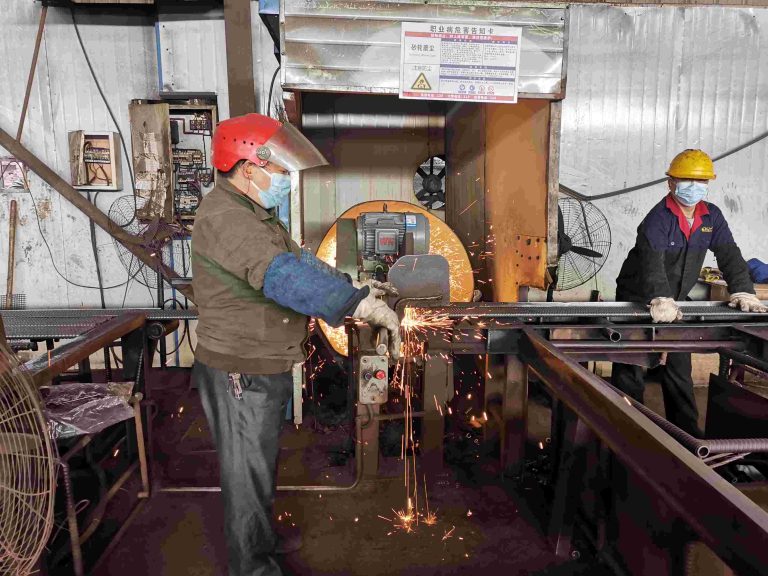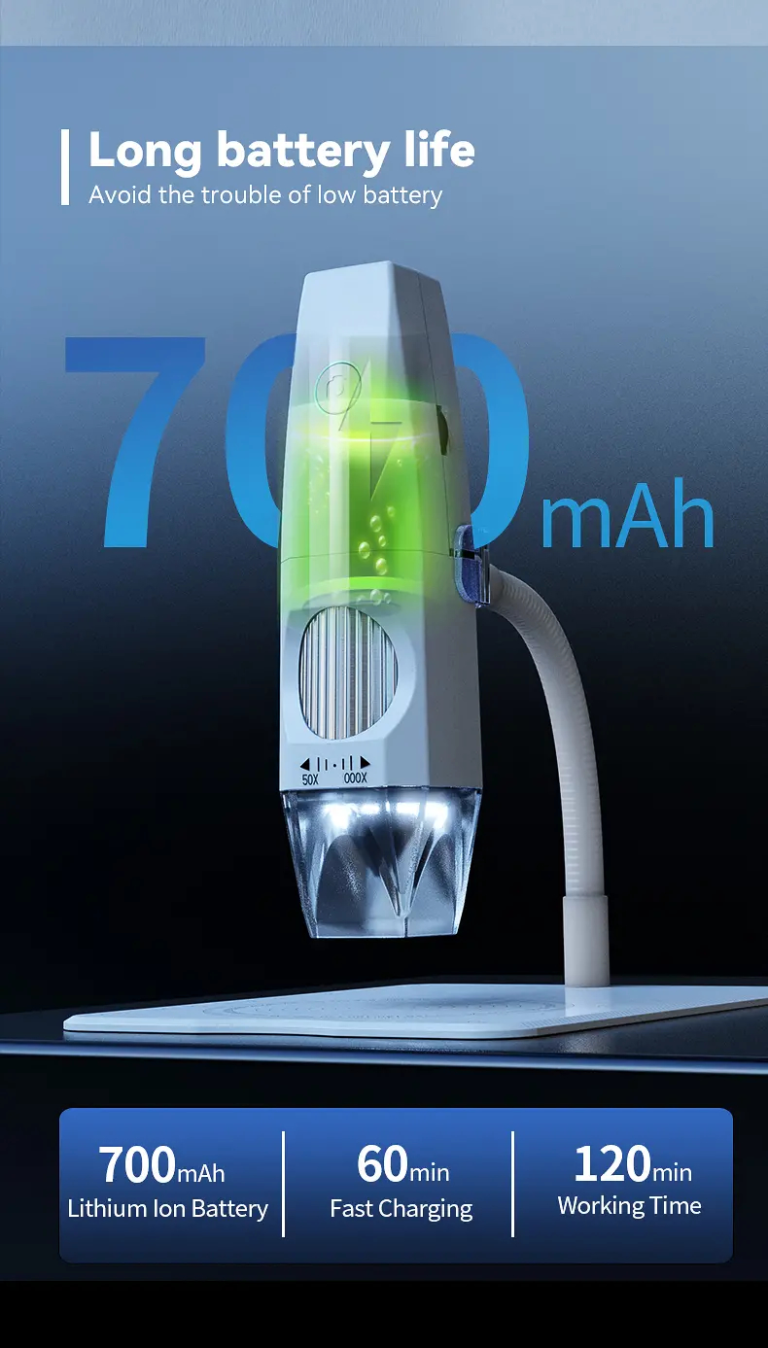目录
A bottle washer machine is an essential piece of equipment in industries where cleanliness and sterilization of bottles are critical. From the beverage industry to pharmaceuticals, these machines ensure that bottles are thoroughly cleaned before being filled with products. But how does a bottle washer machine work? Let’s delve into its operation methods and working principles, along with some additional insights.
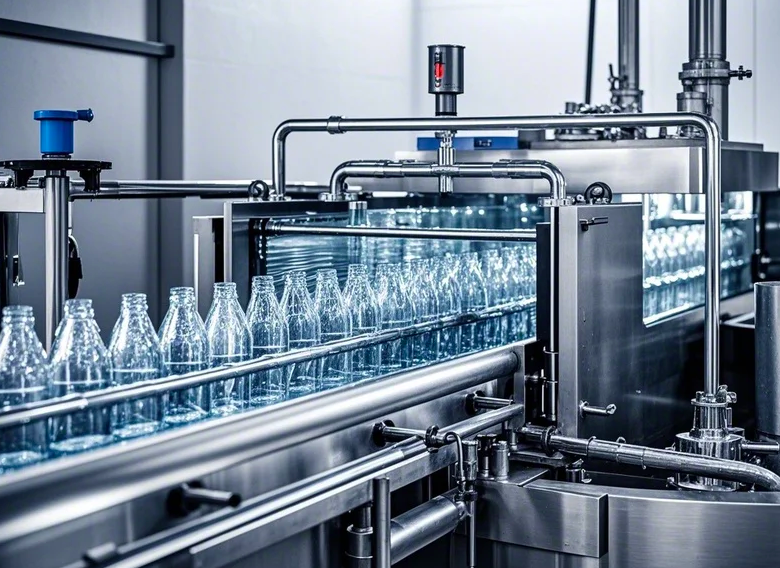
Working Principle of Bottle Washer Machines
A bottle washer machine is designed to clean bottles efficiently and effectively. Here’s a detailed look at its working principle:
1. Loading: Bottles are loaded into the machine, typically via a conveyor belt. This can be done manually or via automated systems.
2. Pre-Rinse: The bottles go through a pre-rinse stage, where they are sprayed with water or a cleaning solution to remove initial debris and contaminants.
3. Main Wash: In this stage, bottles are subjected to high-pressure sprays of water, often mixed with detergents, to thoroughly clean both the interior and exterior surfaces.
4. Rinsing: After the main wash, bottles are rinsed with clean water to remove any remaining detergent or cleaning agents.
5. Sterilization: For industries like pharmaceuticals and beverages, an additional sterilization stage may be included. This involves exposing the bottles to steam or other sterilizing agents to eliminate any remaining microorganisms.
6. Drying: Finally, the bottles are dried using hot air blowers, ensuring they are ready for the next stage of the production process.
Operation Methods of Bottle Washer Machines
Operating a bottle washer machine involves several key steps to ensure optimal performance and cleanliness:
1. Loading Bottles: Bottles are loaded onto the conveyor belt. Advanced machines can handle a variety of bottle sizes and shapes, making the process seamless and efficient.
2. Adjustments and Settings: Depending on the type of bottle and the level of cleanliness required, operators adjust the machine’s settings. This can include the water pressure, temperature, and the duration of each cleaning stage.
3. Monitoring: Operators monitor the machine to ensure it is functioning correctly. This includes checking for any bottle jams, ensuring the cleaning solution levels are adequate, and making sure the machine is operating at the correct temperature and pressure.
4. Maintenance: Regular maintenance is crucial for the machine’s efficiency and longevity. This includes cleaning the machine itself, checking for wear and tear on moving parts, and ensuring that all sensors and controls are functioning properly.
Importance of Bottle Washer Machines
Bottle washer machines offer several benefits that make them indispensable in various industries:
– Efficiency: They can process hundreds of bottles per hour, significantly increasing production efficiency compared to manual cleaning methods.
– Consistency: Ensures that each bottle is cleaned to the same high standard, reducing the risk of contamination.
– Cost-Effective: Automating the bottle cleaning process reduces labor costs and minimizes the use of cleaning agents and water, leading to overall cost savings.
Modern bottle washer machines are capable of cleaning between 300 to 600 bottles per minute, depending on the model and the level of cleanliness required. This high throughput rate is essential for maintaining production efficiency in high-volume environments.
Advanced Features in Bottle Washer Machines
Beyond the basic cleaning functions, advanced bottle washer machines come equipped with additional features:
– Automated Changeovers: Allow for rapid switching between different bottle types without significant downtime.
– Quality Control Systems: Integrated sensors and vision systems inspect and reject bottles that do not meet cleanliness standards.
– Data Connectivity: Connectivity features for integration with manufacturing execution systems (MES) allow for real-time data tracking and performance monitoring.
In conclusion, a bottle washer machine is a vital asset in industries that require high standards of cleanliness and sterilization. Its ability to automate the cleaning process not only enhances productivity but also ensures precision and consistency. Whether used in the beverage, pharmaceutical, or cosmetic industries, a bottle washer machine can significantly improve production efficiency and product quality.
0

